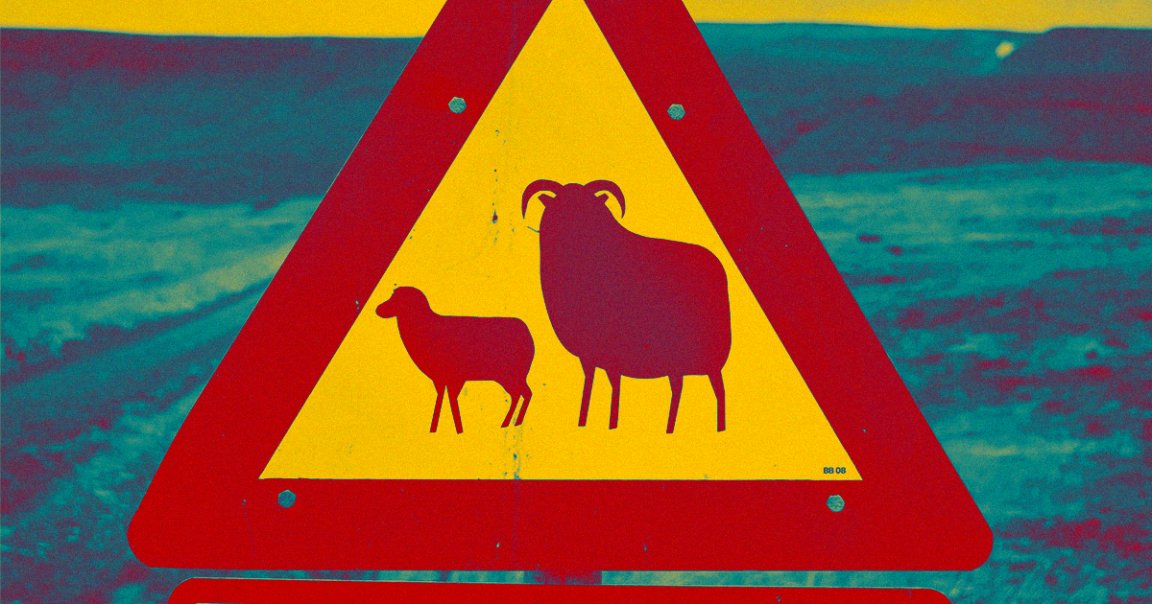
Jumping Ship
Some scientists are moving their labs out of the U.S. to countries with fewer restrictions on their work, according to the Genetic Literacy Project.
The heart of the issue stems from a 2017 proposal by the U.S. Food and Drug Administration (FDA) to regulate animals with “intentionally-altered” DNA as though they were veterinary drugs. That would impose stricter restrictions on scientists who alter the genomes of livestock — meaning American universities could miss out on new scientific developments.
Shifting Focus
Experts like University of California Davis animal biotechnologist Alison Van Eenennaam argue that the new regulations are paying attention to the wrong thing, according to the GLP. Instead of evaluating whether an animal is still food safe, Van Eenennaam argues that the FDA regulations will arbitrarily stymie scientific progress.
“Myself and fellow academic researchers reject the idea that intentional genomic DNA alterations should be regulated as a veterinary drug in food animals,” Van Eenennaam told the GLP, “and consider that the proposed approach will thwart the development of genetic approaches by public sector researchers and small companies to use gene editing to solve zoonotic disease and animal welfare problems in the United States.”
Big Nope
The GLP previously reported on biologist Charles Long, who said that the FDA regulations motivated him to move his cattle genetics research from Texas A&M University, where he struggled to secure funding, down to Brazil.
“We’ve essentially given up,” Long told The GLP. “I’m going to move the entire damn project down there.”
READ MORE: US researchers moving abroad to avoid FDA’s CRISPR-edited animal regulations [Genetic Literacy Project]
More on gene editing: Experts Call for Temporary World Ban on Gene-Hacked Children